
views
Does it mean something when you get a pimple after meeting someone?

There’s a trending belief on TikTok that breakouts mean your skin is rejecting someone. For instance, this video says “Your body will tell you if you’re in a bad relationship.” Tarot reader, astrologer, and intuitive psychic Paige Ferris explains, “There’s an old wives’ tale that says that your skin might get irritated if you have issues with a person or a situation. Your skin is acting like a metaphorical barrier against them.” “It’s a little far out there,” adds Ferris. “But people do get hives from feeling anxious, so if you’re feeling put out by someone, I could see getting a breakout.” Some people also believe that getting a pimple means someone has a crush on you. Meet the wikiHow Experts Paige Ferris is a tarot reader, astrologer, and intuitive psychic. She specializes in practical advice to help her clients reach their goals. Kate Holcomb, MD is a board-certified dermatologist who specializes in cosmetic dermatology. She is also the founder of Pure Dermatology. Lisset Tresvant is a licensed esthetician and skincare expert. She’s also the founder of Glow Esthetics Spa. Mohiba Tareen, MD is a board-certified dermatologist and the founder of Tareen Dermatology.
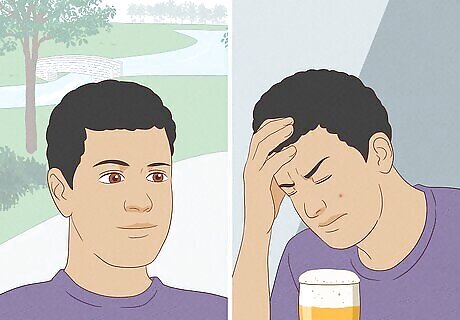
These breakouts are probably tied to changes in lifestyle or environment. It’s surprisingly common to experience more breakouts after you start seeing someone new. But even though it can be fun to go by the TikToks that say it’s a spiritual sign, it doesn’t necessarily mean that your skin is trying to warn you against them. Instead, the breakouts probably have a medical cause, like changes in your diet, skincare routine, environment, or even stress or hormone levels. Below, we’ll explore all the reasons you might break out when you get into a new relationship.
Why do you get acne when you start seeing someone new?
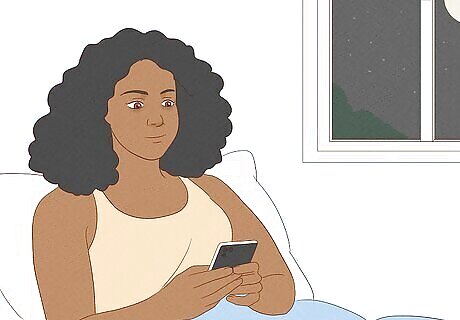
Stress and hormones Even if you and your crush are totally vibing, figuring out the dynamics of a new relationship can be really stressful. Stress can increase hormones like cortisol, which can trigger inflammatory conditions like acne. If you’re staying up late a lot, missing out on sleep could be triggering your acne breakouts. New relationships may also trigger your body to produce androgens (testosterone or estrogen). These fluctuating hormone levels could potentially lead to an increase in acne.
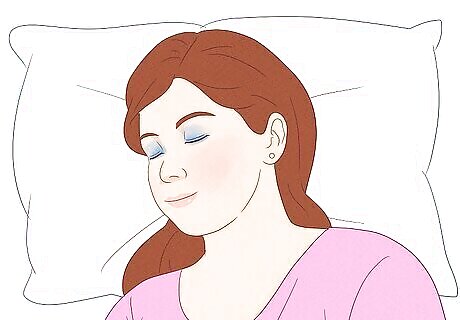
Changes in your skincare routine New relationships are fun and exciting—and they can totally disrupt your normal routine. Little changes to your daily skincare regimen might not seem like a big deal, but it could be triggering an acne flareup. Here are some of the biggest culprits: Not washing your face before bed, especially if you wear makeup Using their face wash or moisturizer Using more makeup or hair products than normal
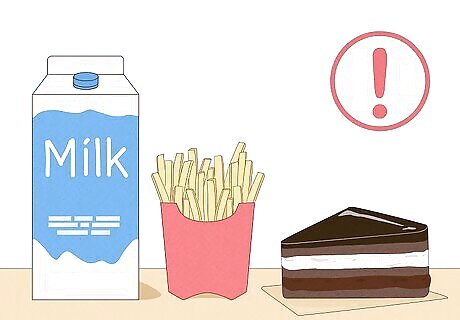
Changes in your diet Maybe you’re constantly on the go while you’re juggling a new relationship, so you’re grabbing fast food more often. Or, maybe you and your new boo are on a mission to find the best taco truck in the area. Certain foods have been linked to an increase in acne, so sudden changes in your eating habits could be to blame for your breakouts. Foods that may increase your risk of acne include: Milk Sugary foods Refined carbs Foods that are high in saturated and trans fats High amounts of seaweed (because of the iodine content)

Skin friction or irritation If your new crush has facial hair (or stubble), your makeout sessions could potentially be triggering acne. Skin irritation can lead to a type of acne called acne mechanica—it’s the same type of breakouts you might get if you work out wearing tight-fitting clothing or wear a tight belt for too long. If you’re spending a lot of time talking on the phone, the contact between your cheek and the phone could be triggering acne. You might also get skin irritation or clogged pores from a product they’re using, like moisturizer, makeup, beard oil, or aftershave. If you’re sleeping over, your skin could become irritated due to the laundry detergent they use on their bedding. Or, they may not be washing their pillowcase and sheets often enough.
Preventing New-Relationship Acne
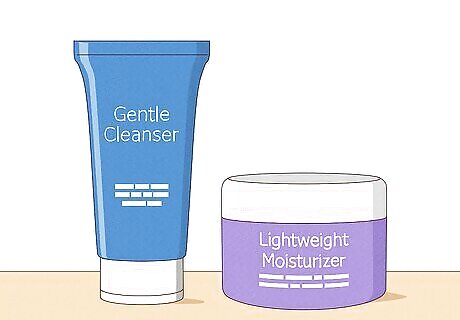
Prioritize your skincare routine. Even if you’re out late (or staying over), don’t give in to the temptation to crash without washing your face—especially if you’re experiencing breakouts. Board-certified dermatologist Kate Holcomb, MD says, “Just washing your face, moisturizing, and wearing skincare can sometimes help improve acne, even without medications.” Use a gentle cleanser to wash away any makeup, skin and hair products, dirt, or oils that could block your pores and cause acne. Finish with a soothing, lightweight moisturizer to help relieve any irritation. If you know you’ll be spending the night, pack your regular facial cleanser and moisturizer. That way, you won’t be stuck using someone else’s products that might not fit your skin’s needs. When you’re buying makeup or skincare products, look for labels like “oil-free” and “non-comedogenic”—these are less likely to clog your pores. If you wear makeup, wash your makeup brushes at least once a week to remove dirt and oils.

Pay attention to changes in your diet or lifestyle. Skincare expert Lisset Tresvant says, “If you’re having acne breakouts, try to remove common triggers—especially food triggers.” Be mindful of whether you’ve started eating more foods that can trigger acne, like dairy, fast food, or junk food. If so, cutting back on those might help. Here are a few more ways you may be able to reduce your chance of breakouts: Stick to a regular sleep schedule as much as possible. Ask the other person about their laundry routine—what products are they using? How often do they wash their bedding? Talk to them about how that might be affecting your skin.
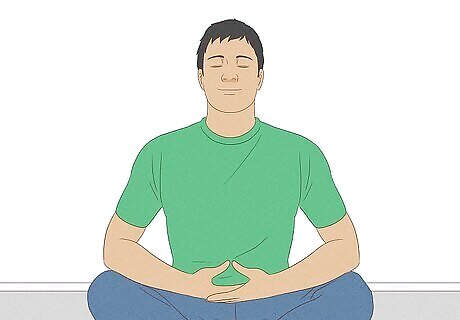
Look for healthy ways to relieve stress. If you’re feeling the effects of new-relationship stress, try to find activities that help you feel centered and calm. For instance, you might spend a little more time each week doing things like working out, spending time with friends, journaling, or meditating. In addition to helping your skin, healthy lifestyle habits like eating a nutritious diet and getting enough sleep at night can help you manage your stress levels.
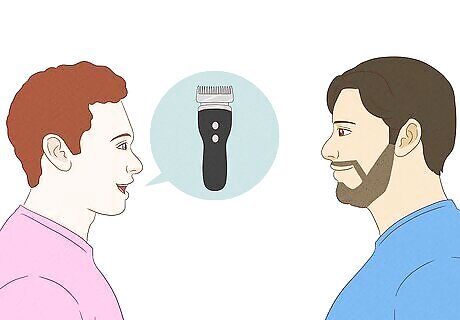
Try to reduce friction on your skin and don’t pick at breakouts. If you think your new partner’s beard might be causing breakouts, you don’t necessarily have to stop kissing them—but do consider limiting how much time you spend with your face pressed to theirs. You might also consider asking them to shave their facial hair or let it grow a little longer so it won’t be so prickly. If you suspect your acne is triggered by your phone, try using earbuds instead of keeping your phone pressed against your face. Dr. Holcomb cautions: “It’s very important to NEVER pick at acne. It can spread infection and cause scarring.”
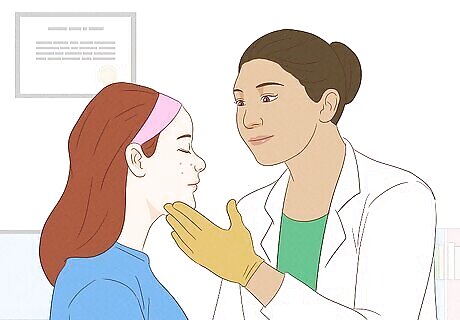
Talk to a dermatologist if it isn’t getting better. If you’ve tried managing breakouts on your own and they aren’t improving, talk to your doctor. Sometimes, acne—especially hormonal acne—responds best to medication. They might recommend products like topical retinoids or oral acne treatments. For instance, according to board-certified dermatologist Mohiba Tareen, MD, “Low doses of spironolactone help reduce testosterone from binding to the receptors in the skin, and it can be a game-changer for women with hormonal acne.”




















Comments
0 comment